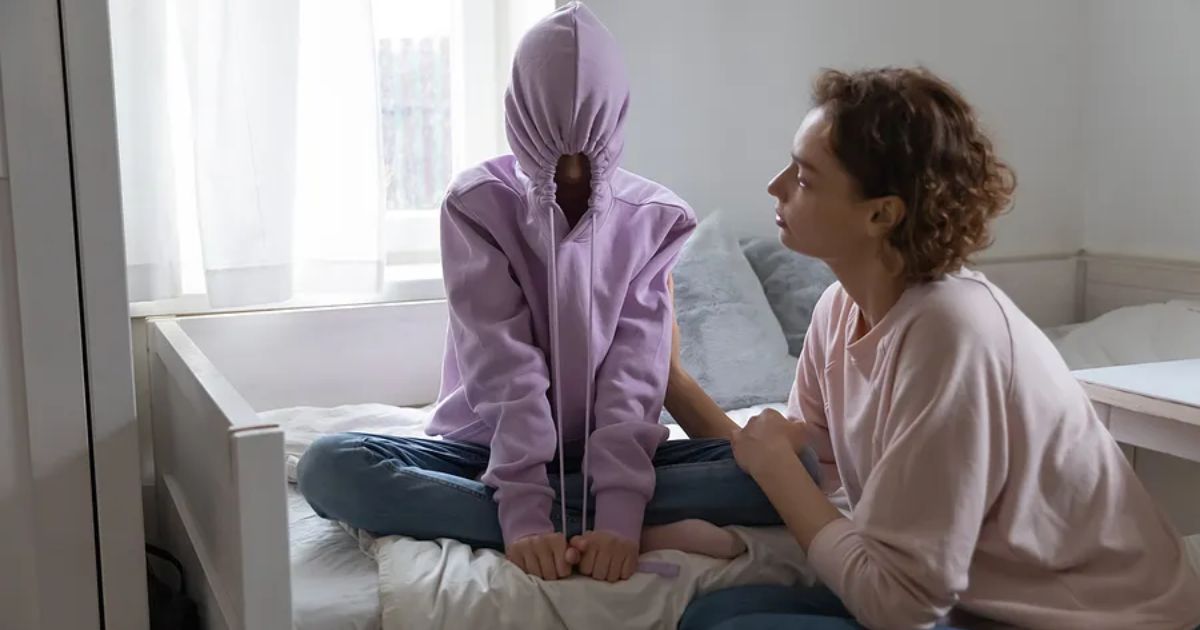Coping Mechanisms: Understanding It So as To Combat Stress
In the world of work where things change so fast, therefore making demands sometimes difficult to handle, coping becomes a very important skill.
Minaa B., a social worker, author and mental health educator of note, reveals the crucial coping mechanisms needed by today’s workers.
According to her, these tactics not only help fight stress but also enable people to take back command on their everyday lives.
The Two Major Coping Methods: Problem-solving Vs Emotion-focused
Minaa B underscores the critical requirement of two primary coping mechanisms: problem-solving and emotion-focused.
It lays a strong emphasis on differentiating between these approaches. This most fundamental choice turns on asking one key question: is it under any person’s control or not?
The choice between using problem-solving and emotion-focused coping mechanisms depends on whether the stressor can be influenced or changed through personal efforts or is beyond human ability to affect.
Problem-Solving Technique: Taking Charge Where Change Is Possible
According to Minaa, one must recognize an issue and apply their self-efficacy (self-reliance and personal agency) to look for a solution in order to overcome it.
This mechanism is very important especially when individuals have the power to influence or reduce the already mentioned problem.
For example, if prolonged meetings are a cause of burnouts, proactive steps like creating dedicated work hours with no interruptions may be used to tackle this issue while at the same time increasing general productivity.
On the other hand, a friendlier atmosphere can be developed which might strengthen resilience during tough job assignments.
Emotion-Focused Technique: Adapting When Control Is Limited
Whenever the stressful situation extends beyond someone’s circle of influence, then one resorts to emotion-focused coping.
This kind of coping involves dealing with unchangeable obstacles and adversities. In such cases Minaa emphasizes radical acceptance as people should acknowledge how obstacle are affecting their moodiness.
Once identified, employing self-soothing techniques becomes imperative. These may involve breathwork and meditation or writing down feelings in a journal as well as seeking therapy sessions for guidance among others.
Further still it may extend into co-regulation where support from family members friends or workmates has a great impact in diffusing stress.
Personalized Self-Care: Tailoring Coping Techniques to Individual Needs
According to Minaa existence of universally applicable self-soothing techniques is a myth and everyone needs to experiment with their own ways of calming themselves down during stressful moments.
With different ways of coping, there is need for self-evaluation which helps individuals identify the specific strategies/practices that work best in stressful situations.
This means that one has to research on oneself to invent methods that are suitable for a particular person’s situation when under pressure.
The Power of Co-Regulation: Leveraging Support Networks
Minaa recognizes the importance of regulation of emotions in emotion-focused coping suggesting that talking about your frustrations and turning to people you trust is a good idea.
It is so important to find solace, comfort or a channel for off-loading feelings from friends, family or even work mates when stress feels unbearable after accomplishing difficult tasks.
Asking for advice or simply expressing repressed feelings is an important way of regulating one’s emotions and finding relief from stress.
Mindfulness And Empowerment of Workers
This article gives a glimpse of Minaa B’s observations on the complexities of coping strategies which can help people navigate such difficulties within the workplace.
A good understanding of stressors is developed among workers by distinguishing problem-solving from emotion-focused coping.
The need for personalizing self-soothing techniques implies that reflection is vital in constructing effective coping techniques.
In short, it is more helpful for employees to lean on each other through more co-regulation and individualized coping strategies whenever their workplaces seem like really tough nuts to crack without affecting their mental health.




























